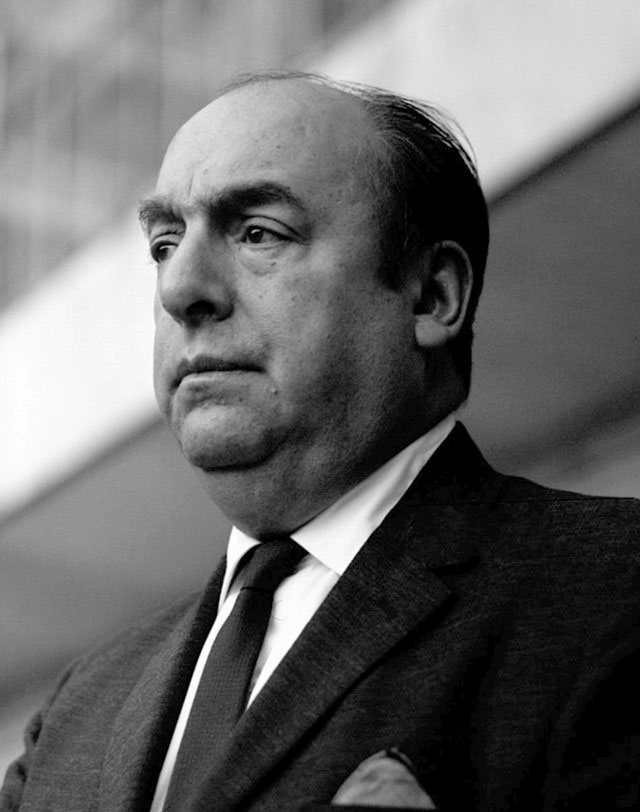SANTIAGO, (Reuters) – A Chilean appeals court yesterday ordered the reopening of an investigation into the death of the leftist poet and Nobel laureate Pablo Neruda in 1973 soon after the military seized power in a coup.
In a statement, the court said it was heeding a request by Neruda’s family and Chile’s small Communist Party, adding that the inquiry into his death had not been “exhaustive” and there were still steps to take that would help “clarify the facts.”
Last year, a panel of international experts delivered a long-awaited report on the death of the author of “20 Poems of Love and a Song of Despair” to the Court of Appeals of Santiago.
The panel turned over documents that included laboratory reports from Canada and Denmark as well as reports from reviewing experts. Specific details of the experts’ report were not made public.
In its statement, the appeals court said it had also ordered handwriting tests, analyses of tests carried out by experts from the universities of McMaster and Copenhagen, and a review of the file and expert statements.
In 2017, a group of foreign forensic experts suggested that Neruda had not died only of cancer, as officially stated, and did not rule out “third parties” being involved in his death in the first days of Augusto Pinochet’s 17-year dictatorship.
When he died on Sept. 23, 1973, Neruda was a member of the Chilean Communist Party’s Central Committee and regarded as Chile’s national poet and most important intellectual.
He was awarded the 1971 Nobel Literature Prize, two years before socialist President Salvador Allende, to whom Neruda was close, was overthrown by the military under Pinochet.
Manuel Araya, the poet’s driver, has claimed that Neruda received a deadly injection from agents of Pinochet’s junta who infiltrated the Santa Maria Clinic where he was being treated. The appeals court made no reference to Araya’s accusation.

